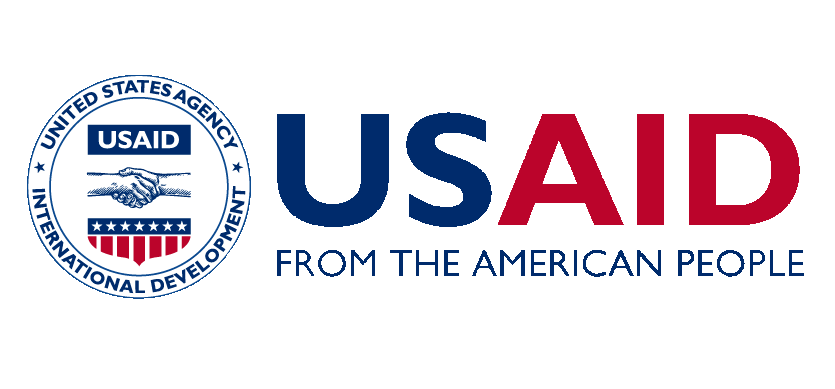The report summarizes the co-benefits of five groups of a subset of Project Drawdown climate solutions (28 total solutions) for advancing human well-being in rural areas of low- and middle-income countries. For example, several climate solutions related to improving agriculture and agroforestry also improve income and work because higher crop yields and improved crop resilience to climate extremes can result in higher income. Increased income can subsequently lead to better educational outcomes through more time allocated to, and funds spent on, education. Better education can further contribute to gender equality and social equity by improving economic opportunities for women and boosting women’s ability to participate in decision making.
Policymakers, donors, non-governmental organizations, and other decision-makers will use this report to promote the socioeconomic co-benefits of climate solutions, collaborate to mobilize ambitious solutions, and channel funding to meet climate, development, and human well-being needs while boosting prosperity and equity for rural communities in sub-Saharan Africa and South Asia.
Year: 2022
Source: Project Drawdown


